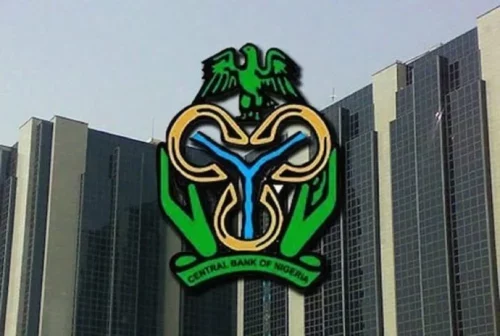The Central Bank of Nigeria (CBN) has debunked reports that it is considering a policy to convert foreign currencies in domiciliary accounts of citizens to naira to stabilise the national currency, which earlier this week recorded its worst performance in history.
Management of the CBN debunked this news via its official X (formerly Twitter) handle today, 3rd of February, 2024.
No plans to convert $30bn domiciliary deposits to naira. This news is fake! pic.twitter.com/oGDR1s2gPQ
— Central Bank of Nigeria (@cenbank) February 3, 2024
However, Netizens seem wary despite CBN’s claims that the report is false.
Theo Abu said, “I don’t believe you, I am sorry. Removing my 10 dollars in Kogi Community Bank.”
— Thεό Abu (@TheoAbuAgada) February 3, 2024
Chinonso also ccommented saying: “Anything you people call fake is true”
— Voltage 🇦🇹 (@Chinonxo) February 3, 2024
Let’s see how long they keep it. We will come back to this when it materializes. It’s seems Nigerians don’t learn from the past.
Anything APC govt denies is real
— That Naija Guy™ (@IamThatNaijaGuy) February 3, 2024
Loool..if this government denies something…its as real as day!
— Shemilore… (@shemmie007) February 3, 2024
Recall that in the last few days, the Naira recorded its worst performance in history selling at N1500 per dollar. In response to the deterioratingiating condition of the Nigerian Naira, the Central Bank of Nigeria issued a directive for all banks to sell their excess foreign exchange holding within 24 hours or face sanction.
Worried about the consistent fall of the Naira against the Greenback, the Senate Committee on Banking, Insurance and other Financial Institutions held an emergency meeting on Wednesday, 31st of February, 2024, resolved to summon the Governor of CBN, Olayemi Cardoso.
On Friday, 2nd of Febrruary, 2024, the CBN ceased daily debits and adopted an updated Cash Reserve Requirement (CRR) mechanism that is intended to facilitate banks’ capacity for planning, monitoring, and aligning records with the CBN.
On the same Friday, the CBN also established a minimum operating capital requirement for International Money Transfer Operators (IMTOs) set at $1 million for foreign entities and an equivalent amount for local IMTOs.
